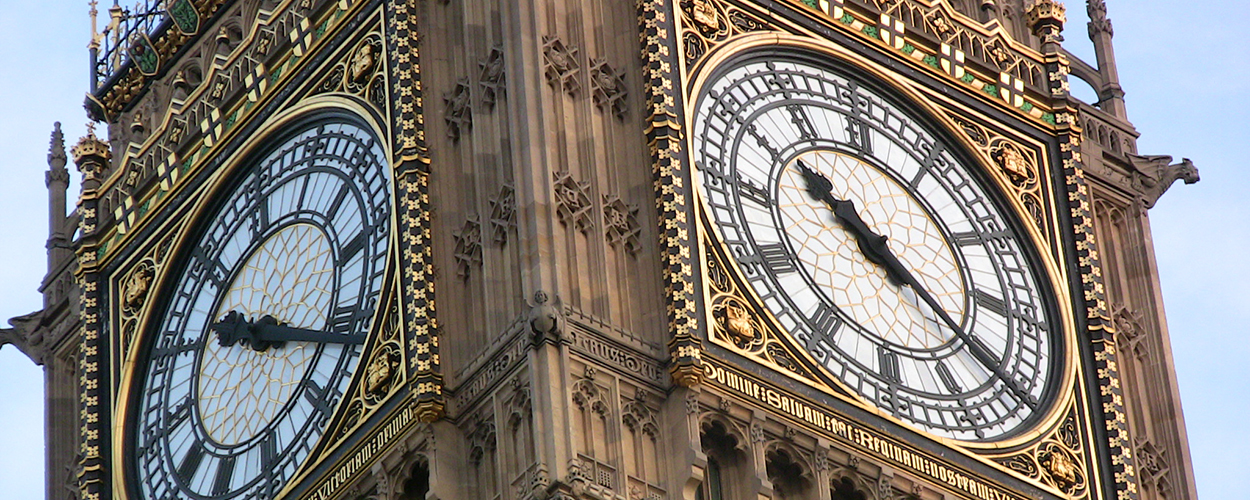This website uses cookies so that we can provide you with the best user experience possible. Cookie information is stored in your browser and performs functions such as recognising you when you return to our website and helping our team to understand which sections of the website you find most interesting and useful.
Business News Digital Legal Top Stories
Campaigners say new piracy jail terms could be misused
By Chris Cooke | Published on Monday 27 March 2017

Ah, the Digital Economy Bill, that old thing. It feels like this bit of catch-all legislation has been going through the motions ever since – well – probably 2010, the last time there was a Digital Economy Bill. Able to include anything vaguely digital, as previously reported, the latest DEB includes bits n pieces about both ticket touting and copyright.
It’s the latter bit that’s in the news today after a group of campaigners, academics and lawyers wrote to the government on Friday expressing concern about the bit of the DEB that will ramp up the prison sentences for naughty copyright infringers who choose to do their naughty copyright infringement online.
The proposal that those found guilty of criminal-level copyright infringement online be subject to the same potential jail terms as those found guilty of criminal-level copyright infringement in the physical world has been on the table for sometime.
The argument goes that online operations involved in industrial-level infringement are potentially just as profitable and just as damaging as someone bootlegging CDs and DVDs on a commercial-level, so the potential prison sentences should be the same. To that end, the DEB will increase the maximum jail term for online infringers from two to ten years, so it is in line with physical copyright crimes.
When talk about such an increase was first occurring in political circles there were, somewhat predictably, claims in the tech community that the entertainment industry was looking to lock up casual file-sharers for ten years.
However, supporters of the rule change insisted that the increased sentences would only affect those accused of criminal-level copyright infringement, which usually assumes infringing activity on an industrial scale. Casual file-sharers – if targeted at all – would still be sued through the civil courts for damages, rather than being charged with a copyright crime that might now result in the tougher jail sentence.
The new open letter, posted by Torrentfreak here and signed by academics from East Anglia, Essex, Strathclyde, Cardiff and Glasgow universities, among others, says that – as it is currently worded – the proposed new legislation doesn’t provide certainty that the tough new sentencing would only apply to commercial-level copyright infringement. And that could result in the new measures being open to abuse.
The problem, the letter says, is that criminal copyright infringement is defined too widely in the draft DEB, so in addition to covering infringement conducted in the “course of a business”, it also covers any other activities that “cause a ‘loss’ or create a ‘risk of a loss’ to the copyright owner”. That latter bit could pretty much cover any form of infringement, including downloading a single track without licence.
Arguing that the proposed new rule could be in conflict with both European Union and European human rights law, the letter says: “As currently drafted, the DEB seems to be wide enough to encompass not-for-profit, small-scale online copyright infringement [as criminal infringement] which could lead to any individual spending ten years in prison for sharing a single file”. The simple solution, the letter writers say, would be to insert ‘commercial-level’ before any use of the word ‘loss’.
Those pushing for the tougher sentencing for online infringement only intend such a thing to apply to commercial-level infringers so, in theory, shouldn’t oppose the newly proposed amendment. Though some might fear that by narrowing the remit of the new rule, it provides get outs for those targeted with the new legislation down the line.
The Digital Economy Bill will be back on the agenda in the House Of Lords on Wednesday.





